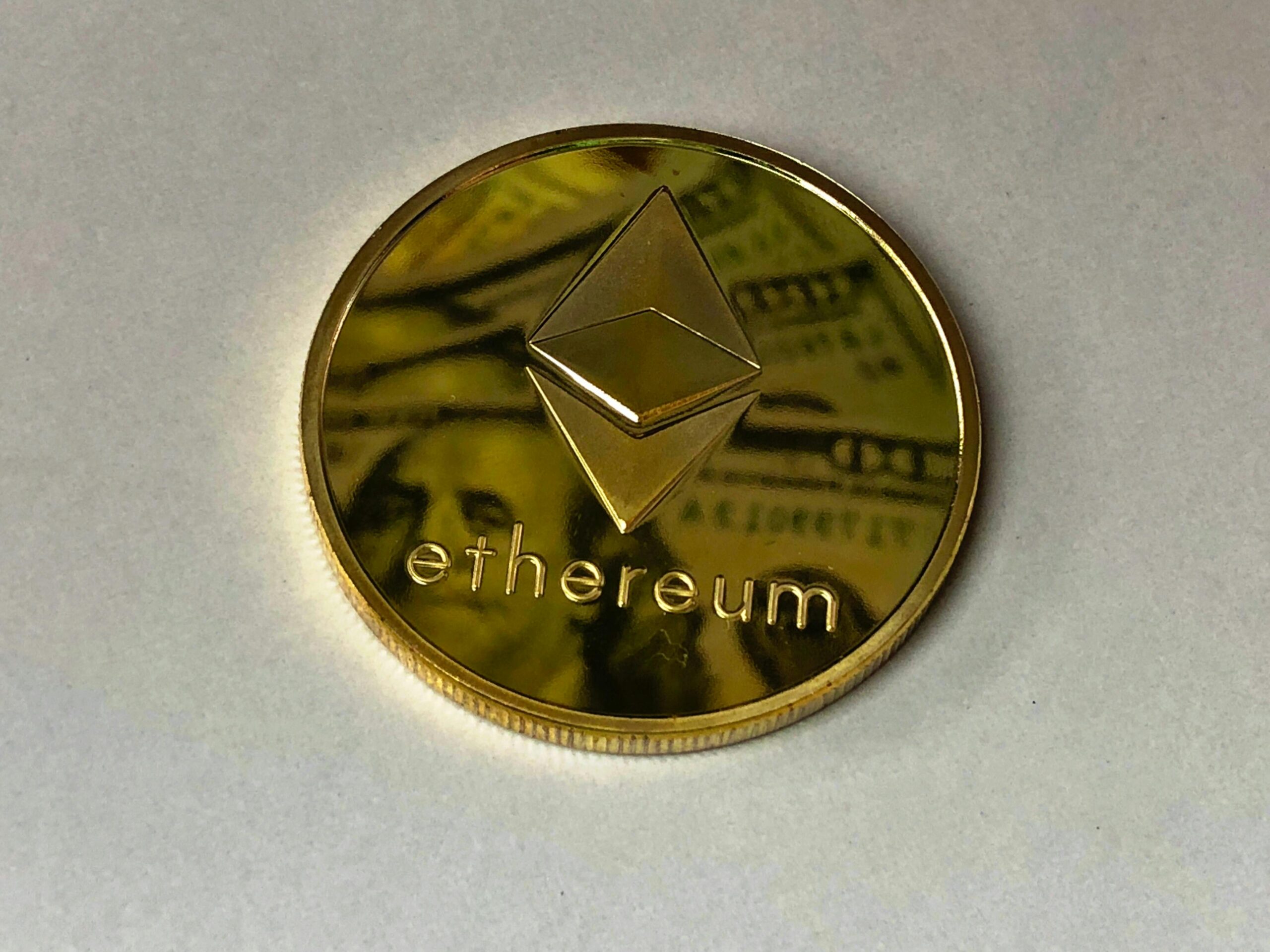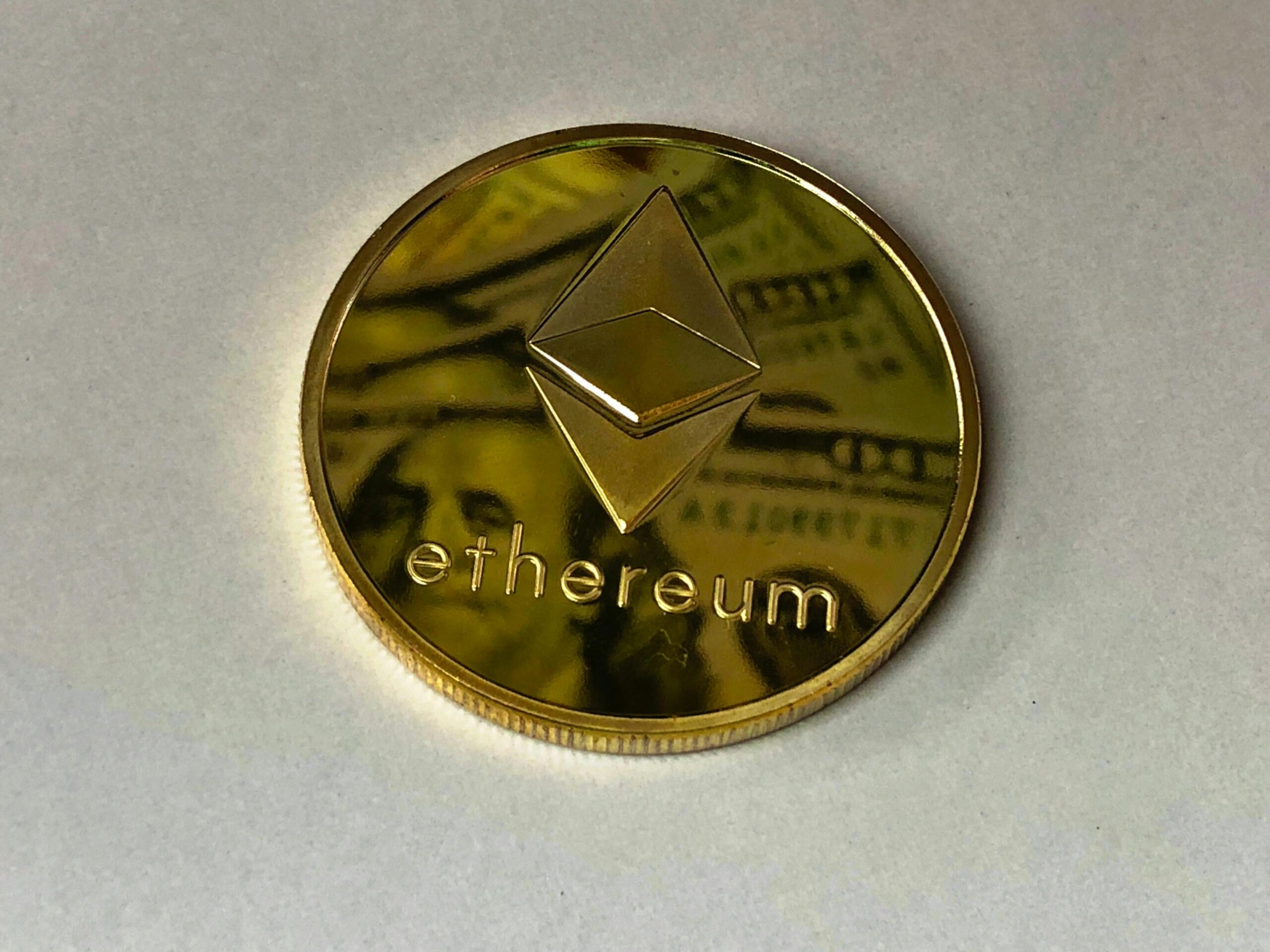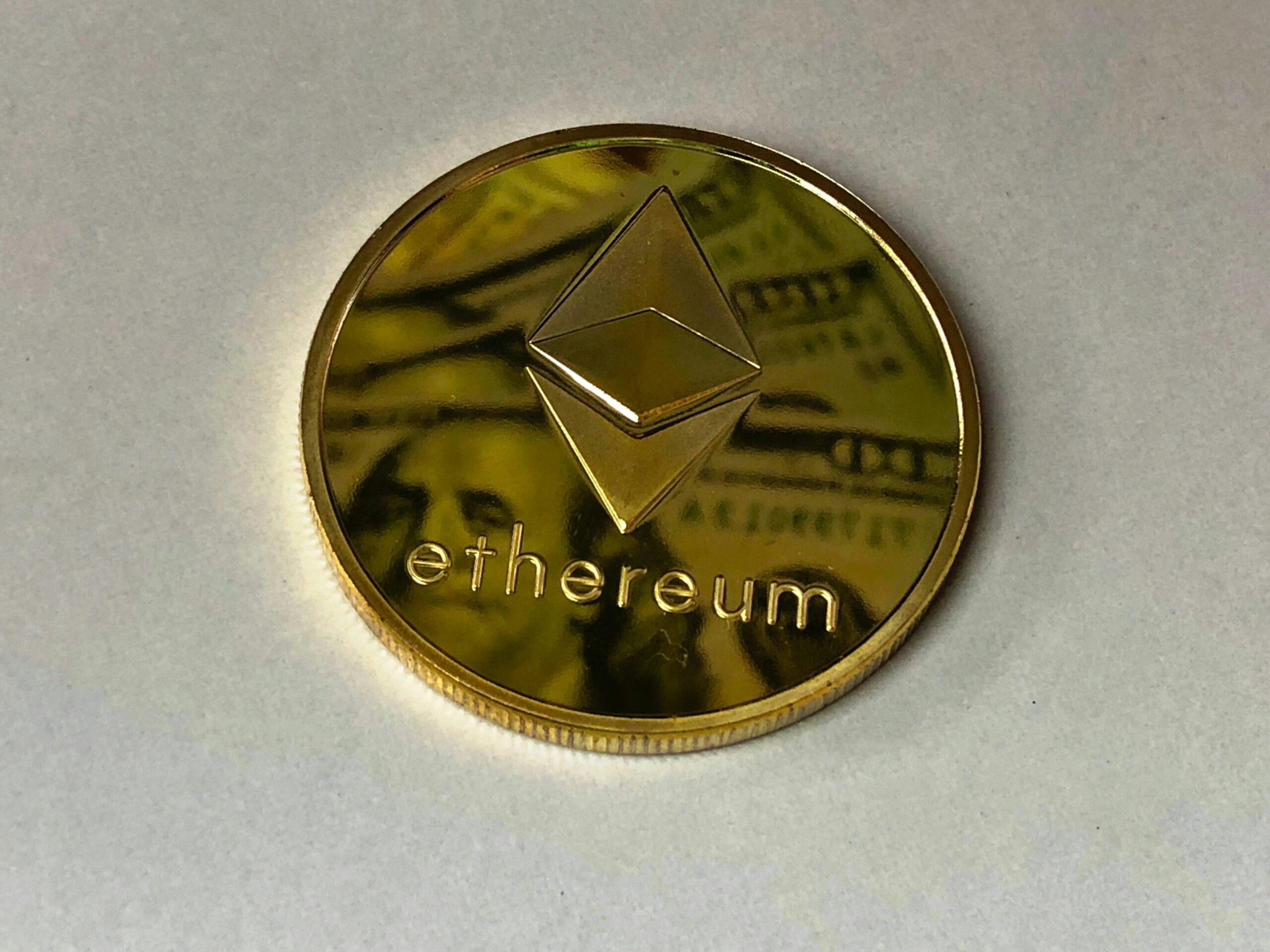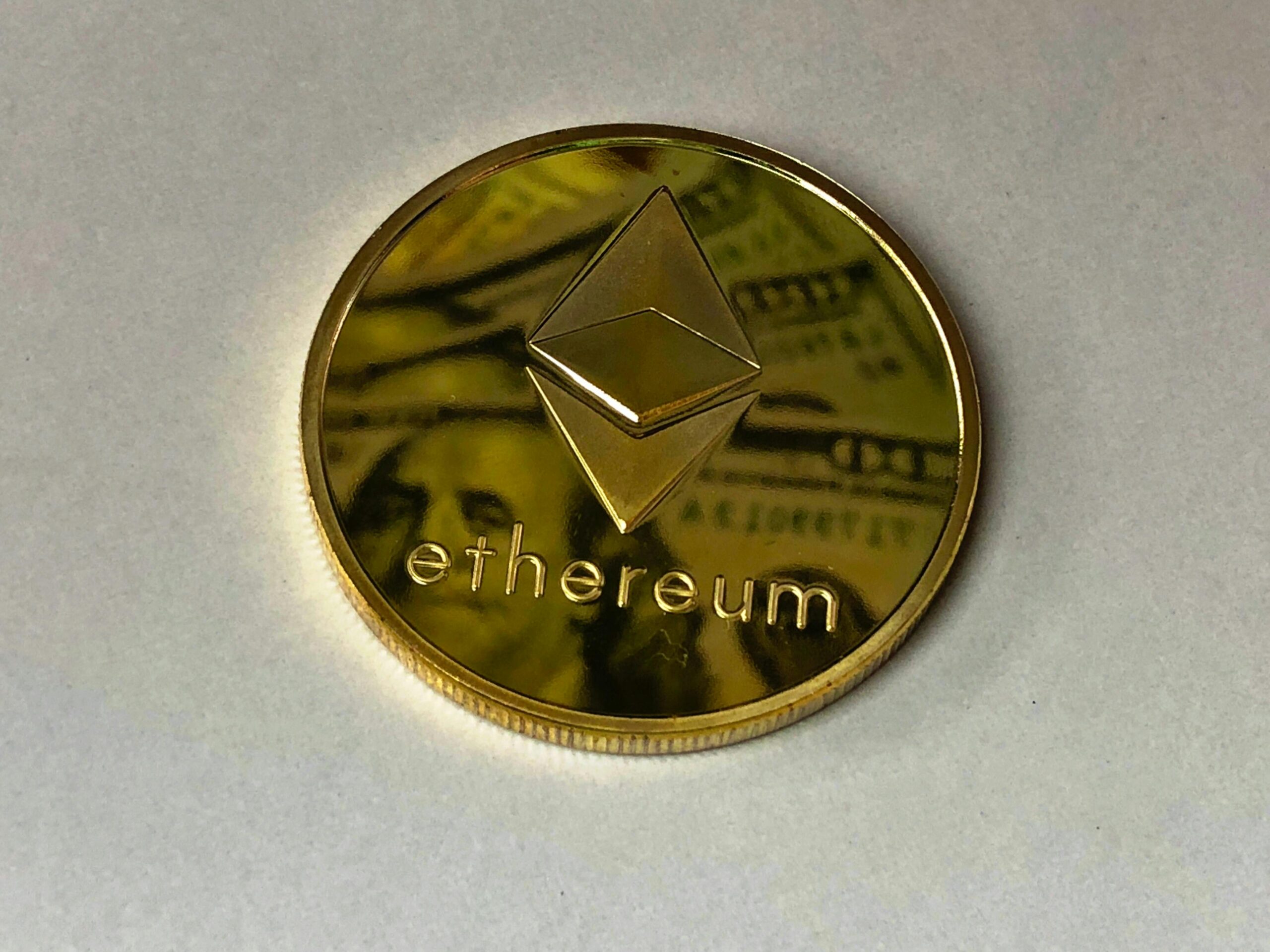
The world of cryptocurrency exchanges! As we dive deeper into the realm of blockchain and cryptocurrencies, it’s essential to understand the role of these exchanges. I’m excited to share my knowledge with you, so let’s get started!
A cryptocurrency exchange is a platform that allows users to buy, sell, or trade various digital assets, such as Bitcoin, Ethereum, or other altcoins. Think of it like a traditional stock exchange, but instead of stocks, we’re dealing with cryptocurrencies. These exchanges act as intermediaries between buyers and sellers, facilitating transactions and providing a marketplace for price discovery.
Imagine you want to buy some Bitcoin, but you don’t know anyone who’s willing to sell. That’s where an exchange comes in – it connects you with someone who wants to offload their BTC. The exchange ensures that the transaction is secure, reliable, and transparent. In return, they charge a small fee for their services, which can vary depending on the exchange.
There are several types of cryptocurrency exchanges, each with its own strengths and weaknesses. Some popular ones include:
Centralized Exchanges (CEXs): These are the most common type, where users deposit their assets into the exchange’s custody, and trades are matched internally. Think of it like a traditional bank – you trust them to hold your money. Examples include Coinbase, Binance, and Kraken.
Decentralized Exchanges (DEXs): As the name suggests, these exchanges operate on blockchain technology, allowing users to trade directly with each other without intermediaries. They’re more resistant to censorship and offer greater control over assets. Uniswap and SushiSwap are popular DEXs.
Hybrid Exchanges: These platforms combine elements of both CEXs and DEXs, offering a balance between security, usability, and decentralization.
When choosing an exchange, it’s crucial to consider several factors:
Security: Look for exchanges that have robust security measures in place, such as multi-signature wallets, two-factor authentication, and regular audits. Remember, your assets are at risk if the exchange is hacked!
Fees: Compare the fees charged by different exchanges, as they can eat into your profits. Some exchanges offer discounts for high-volume traders or loyalty programs.
Liquidity: A liquid market ensures that you can quickly buy or sell assets without significantly affecting prices. Look for exchanges with high trading volumes and active communities.
User Experience: If you’re new to cryptocurrency trading, an intuitive interface and responsive customer support are vital. Make sure the exchange has a reputation for being user-friendly.
Reputation: Research the exchange’s history, read reviews from other users, and check if they’re compliant with regulatory requirements.
As we wrap up this introduction to cryptocurrency exchanges, I want to emphasize that security should always be your top priority. Never invest more than you can afford to lose, and make sure to diversify your portfolio across different asset classes.
Lastly, as the space continues to evolve, new types of exchanges will emerge, offering innovative features and trading experiences. Stay curious, keep learning, and always prioritize caution when navigating this exciting world!
In our next lesson, we’ll dive deeper into the mechanics of trading on cryptocurrency exchanges, covering topics like order book dynamics, market orders, and technical analysis. Until then, stay crypto-curious!














